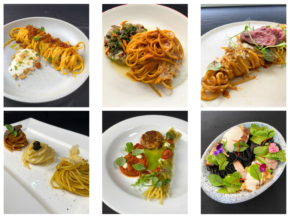Authenticity vs viability: how Japanese food brands can make it in the Philippines
It’s no secret that Filipinos are opening up their palates to cuisines from other countries. This is evident in the many restaurants that opened last 2017, most of which focused on a cuisine from countries like Japan, China, Korea, Italy, France, and the United States.
The Filipino taste profile, however, is a tough nut to crack as seen in the closure of some of the earlier international restaurants. Japanese cuisine, however, seems to be doing well, but it’s not as widespread as The Organization to Promote Japanese Restaurants Abroad (JRO) would like.
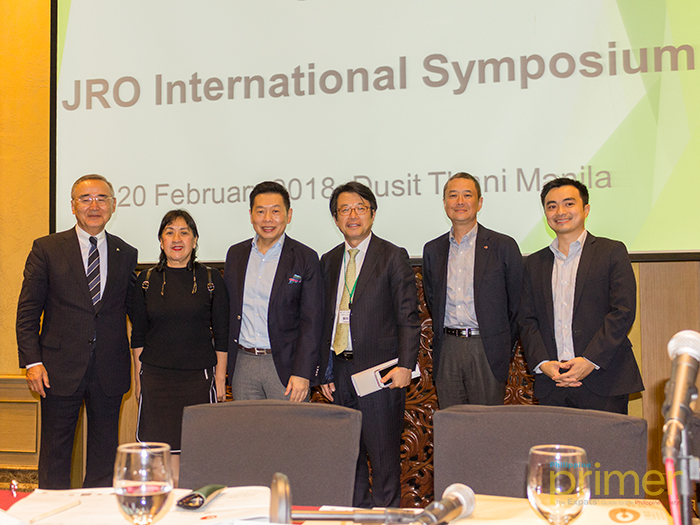
The JRO International Symposium in Manila, held last February 20, 2018, looked to solve these problems by bringing in a panel of experts in both operating in the Philippines and the fickle tastes of Filipinos.

Johnlu Koa, founder and CEO of The French Baker, thinks that Japanese food is the next big thing in the restaurant industry. Filipinos seek authenticity in their food, yet are looking for something that is affordable and accessible.

Christopher Lim, ASEAN Chairperson of the Philippine Franchise Association, echoed his opinion. He also went on to say the challenge for Japanese cuisine is to bring something akin to what popular shawarma stand Turks has: an affordable shawarma experience that, although not authentic, gives Filipinos the impression that what they are eating is as close to the original as possible.
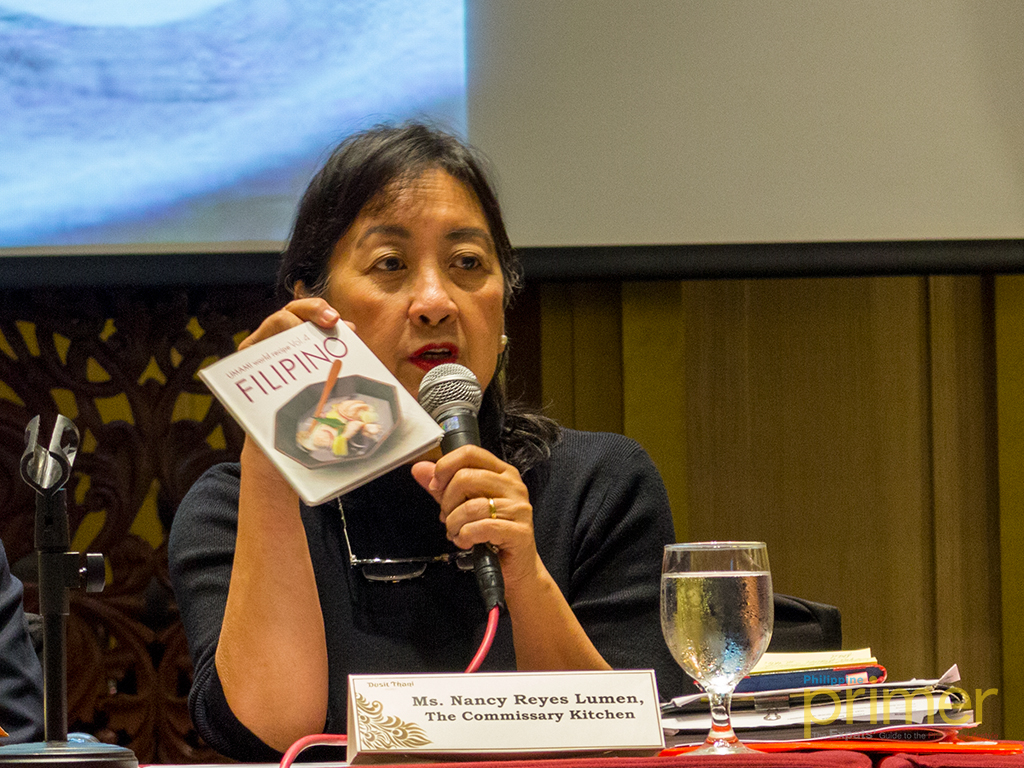
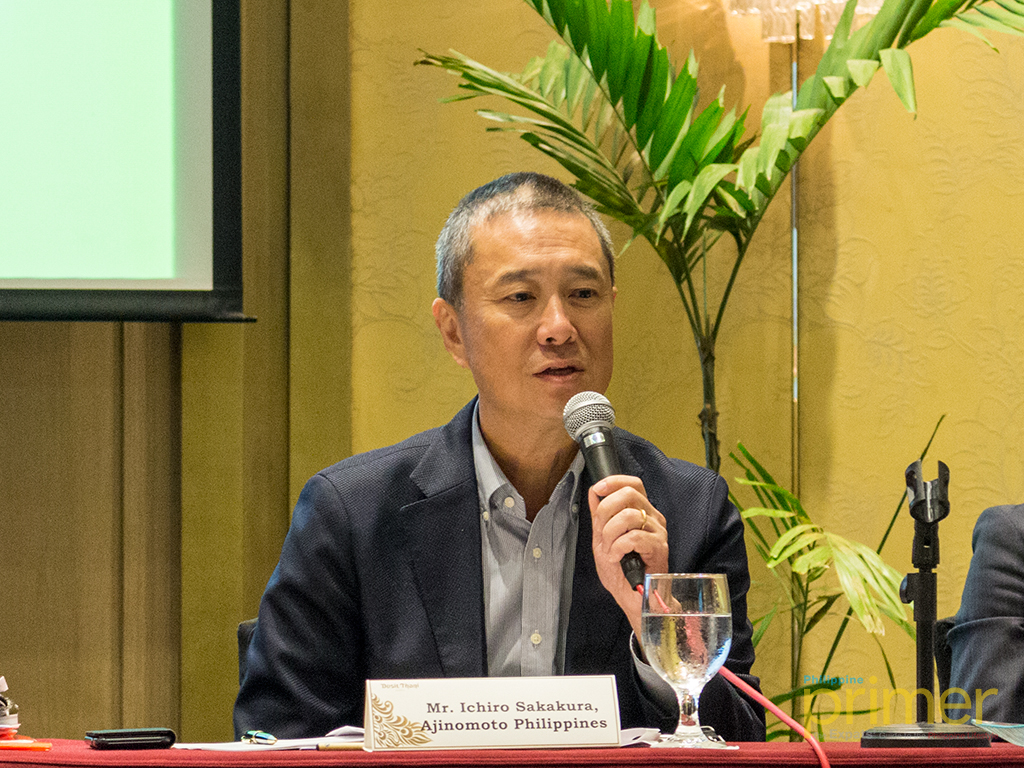
Nancy Lumen, author of the best-selling The Adobo Book, and Ajinomoto Philippines President Ichiro Sakakura believe that Japanese food can succeed in the country mainly because of our shared liking for the umami flavor. Sakakura likens umami to what the Japanese call dashi, a protein-based flavor.
Lumen and Sakakura also believe that this link can be used for more than just food. Lumen believes it can help facilitate knowledge and cultural exchanges between the Philippines and Japan, while Sakakura sees this fascination for umami aiding the Department of Health in their battle against malnutrition.
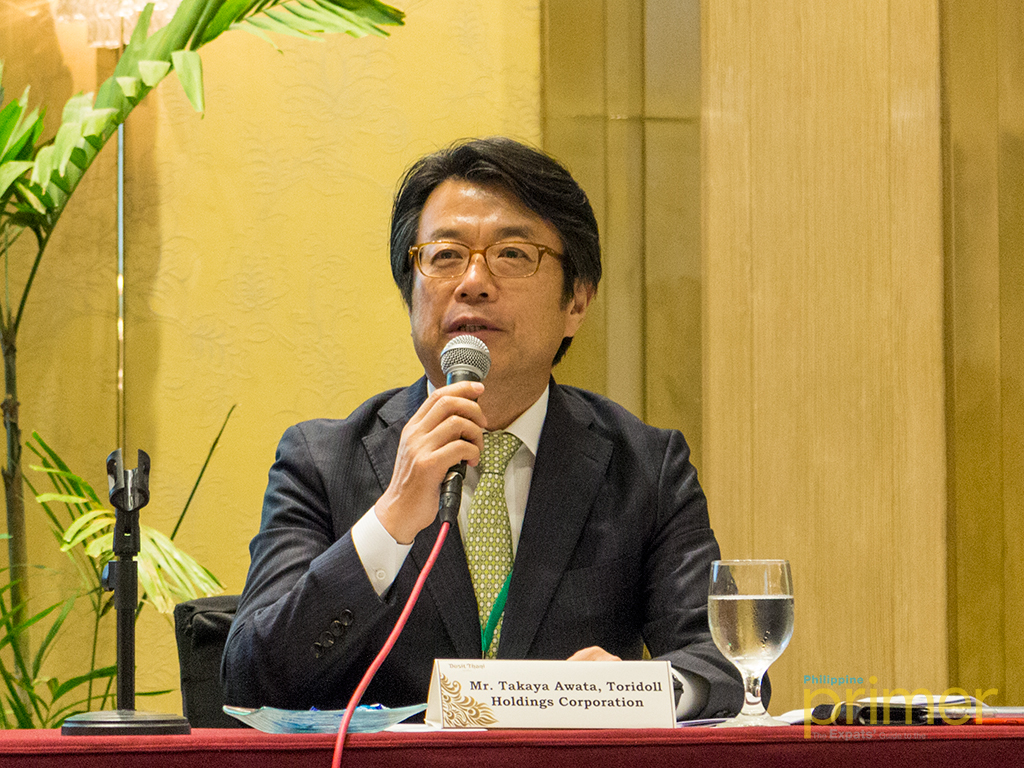
Toridoll Holdings Corp.’s Takaya Awata agrees with Koa and Lim, saying that Marugame Udon, Toridoll’s flagship restaurant, is looking to expand to between 6,000 and 10,000 stores globally. He points out that lowering prices may be a challenge, but the country’s projected economic growth might fuel their expansion more than gaining more customers.
Challenges
While there is potential for Japanese cuisine to become the most popular non-Filipino cuisine in the country, its expansion is met by challenges that will delay its growth.
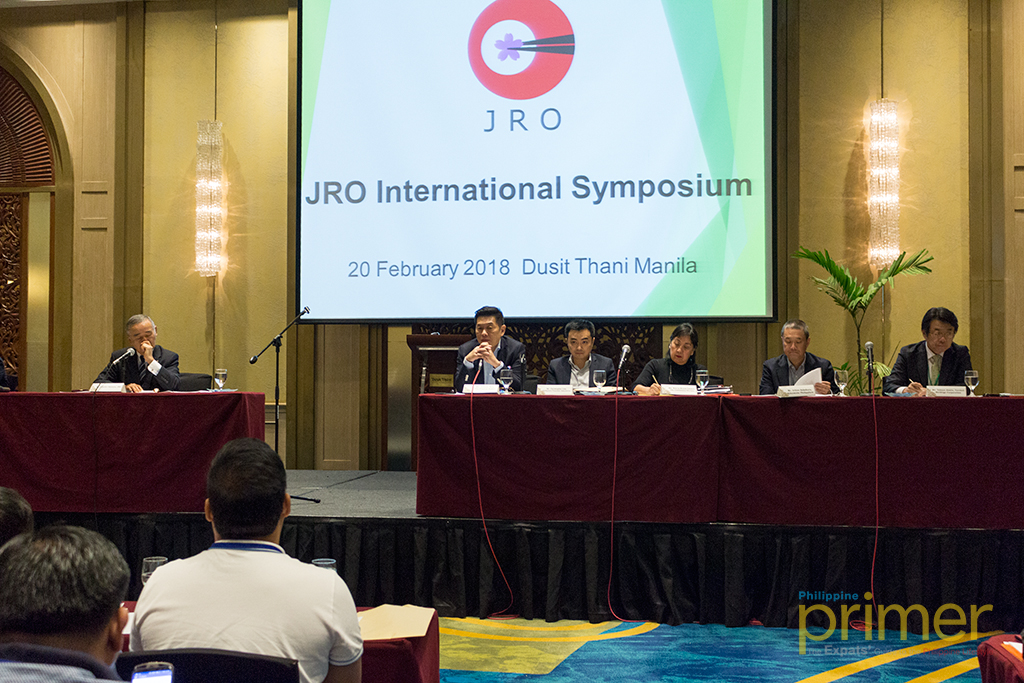
Koa points out these six factors that have been hindering the growth of international brands: foreign ownership laws, lack of space, high rent, traffic problems that affect commissary setup, finding qualified staff, and finding the right partner.
To date, Congress has been working on ways to cut foreign owners some slack as far as owning retail stores are concerned. The lack of space, high rent, and traffic problems might not see a solution in the next year, but the government’s Build Build Build infrastructure program might change that landscape once these projects come close to completion.
Staffing problems have also plagued restaurants in the country as most of the talent have either left or are simply not fit to adhere to the high standards of Japanese kitchens. Partners are also hard to come by as companies who are willing to both invest in and adhere to Japanese standards are hard to come by.
Chris Lim, on the other hand, offered a solution to the last two challenges posed by Koa: simplify your processes and keep your training to a maximum of two weeks. Training your partner may still take three months, but a simple process makes it easier for your Filipino partner to pass on your techniques to his staff.
Overcoming these challenges may seem like a longshot, but with how Filipinos feel about Japanese food and the recently-enacted TRAIN law, enjoying quality Japanese cuisine might not be such a distant dream.






